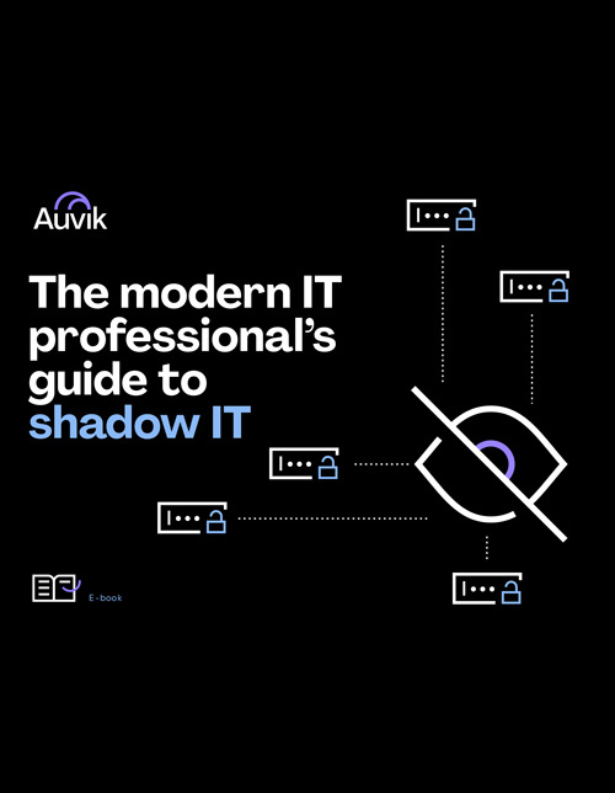The future. Seems like a murky place, a place where you never quite know what will happen.
As an MSP, you’re faced almost daily with a barrage of information about how your landscape is changing. The industry you operate in is changing – new entrants, increased competition, consolidation. The technology you use to run your business is changing. And the technology you support for clients is changing. What do you need to know about AI and blockchain and chatbots and the Internet of Things and a dozen other buzzwords I could throw out?
In search of answers, I reached out to Daniel Burrus, a researcher and futurist who has developed a framework and a methodology for predicting the future — accurately.
I’m impressed with the list of technological advancements Daniel has predicted, along with the exact year they would happen — things like the graphical user interface, browsers on smartphones, and the rise of social media.
But first, the news — and a few predictions — from Richard Tubb and Karl Palachuk.
Listen here
What’s Going On
[02:14] Karl recently came across a couple of articles on the ChannelFutures website about serverless architecture.
[02:36] Karl has been talking about the cloud for 10 years, and now it seems like everyone is writing about related trends as if the sky is falling. Serverless is the new buzzword.
[03:23] Serverless architecture is one in which the technician doesn’t have to care about the hardware that’s underneath it.
[03:51] You can run a service and execute code without paying for a SQL server or worrying about the hardware or software underneath it. It’s very much like the cloud.
[04:26] Karl recommends not installing servers in people’s offices. But also recommends avoiding virtual servers in the cloud as well. Why do that when you can buy, say, Exchange mailboxes without being responsible for anything underneath?
[06:31] How does serverless computing affect MSPs?
[06:46] MSPs have to take responsibility for what the overall architecture looks like. You will use different services from different providers. These complex things need to work together.
[07:33] Nothing at the desktop level will change for a long time.
[08:09] MSPs need to be aware of serverless computing as well as the cloud.
[08:19] Microsoft certifications used to be product-focused. Now they’re development-focused. This means Microsoft thinks you’re going to add value by developing processes and procedures and programming in the cloud, not managing physical products.
[09:00] Kodak delays launch of cryptocurrency KodakCoin.
[09:29] Kodak isn’t a company that paid attention to the future but they appear to have learned from their mistakes.
09:49] The idea of KodakCoin is fascinating. They’re renting cryptocurrency mining machine to users.
[11:19] The cryptocurrency industry makes Karl a little nervous because it’s like making something out of nothing.
[11:56] Are cryptocurrencies a flash in the pan?
[12:12] We’ll go through a shakedown.
[12:29] The amount of electricity used in bitcoin mining is huge.
[12:50] More efficient computing is the only way to make bitcoin viable on a larger scale.
Interview with Daniel Burrus: You Can Predict the Future … Accurately

[16:23] Daniel’s bestseller, Flash Foresight, outlines a framework for accurately predicting the future.
[17:10] Separating what will happen—the hard trends—with what might happen—the soft trends—gives you the choice of going from the disrupted to the disrupter.
[17:26] Both trends have value. Hard trends turn disruption into an advantage. Soft trends can be changed. They allow you to shape the future.
[18:00] A real life example is the assumption that increases in healthcare costs can’t be stopped. People think rising healthcare costs are a hard trend, but they’re actually a soft trend because they can be changed.
[18:49] Technologies that would decrease healthcare costs include virtualization and cloud technologies to transform purchasing, logistics, and supply chains in US hospitals.
[19:13] Blockchain could bring higher trust, security and transparency to a disconnected medical system.
[19:34] We’re at the dawn of a technology driven transformation.
[19:50] Daniel shares how to get a free copy of his new book, The Anticipatory Organization.
[20:52] Businesses know how to be agile. But agile isn’t enough anymore.
[21:10] With the accelerated pace of change, acting fast adds less value. Instead, predict problems and be anticipatory.
[21:43] IT service providers get disrupted again and again. Become the disrupter.
[22:16] Strategy based on uncertainty has high risk. But you can predict more than you think.
[22:31] There are over 500 cycles that repeat. There are also linear changes.
[22:56] Amazing opportunities can be predicted off of those cycles and changes.
[23:14] Benchmark the future instead of the present. Trying to keep up with everyone else is a fool’s game.
[24:01] You need to jump ahead. You can do that with low risk by separating the hard trends from the soft trends.
[24:23] There is uncertainty, but not everything is uncertain. We are empowered by what we can be certain about.
[25:29] What is going to happen with the robots? Will they take over the world? Symbiotic computing is where humans and computers work together.
[26:43] We need doctors that know how to work with AI.
[27:03] Every profession has an art and a science to it.
[27:20] Humans need to work on the art part. We live in a technical world, but still a world of humans and relationships.
[27:58] MSPs will not be able to react fast enough no matter how agile they are. Increase your relevancy by becoming anticipatory. Set aside an hour a week, unplug from the present, and think about the future. Tie hard trends into opportunities.
Links from this episode
What’s Going On
- The Serverless Computing Challenge for MSPs, and How to Solve It
- On Prem or In the Cloud: Highlighting Top Serverless Options
- Delays Hit KodakCoin Crypto-Currency Plans
- Samsung Enters Crypto-Currency Chips Business
The Hosts
- Karl Palachuk: Small Biz Thoughts
- Karl Palachuk (Twitter)
- Richard Tubb: Tubblog
- Richard Tubb (Twitter)
Interview
- Get your free copy of The Anticipatory Organization
- More books by Daniel Burrus, including Flash Foresight
- Know What’s Next magazine
- Burrus Research
- Daniel Burrus (LinkedIn)
- Daniel Burrus (Twitter)
Subscribe
Like what you hear? Listen and subscribe.


